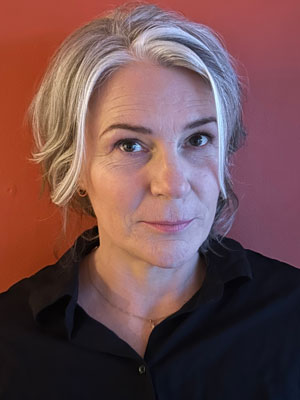Vibeke Sjøvoll is defending her dissertation for the degree philosophiae doctor (PhD) at the University of South-Eastern Norway.
 The doctoral work has been carried out at the Faculty of Humanities, Sports, and Educational Science.
The doctoral work has been carried out at the Faculty of Humanities, Sports, and Educational Science.
Thesis: Creating, uncreating and recreating: experimenting together with students, things and processes in design education (USN Open Archive)
Theme for the thesis: How does one successfully make/cater for creating, uncreating, recreating processes in today‘s design education and how can failure become a constitutive criteria in evaluation and pedagogical development?
You are welcome to follow the trial lecture and the public defence.
Link to digital participation (Zoom)
Summary
The research that makes up this thesis takes place in the context of design education at Oslo Metropolitan University. One of the main concerns of this thesis is the gap between what the programme descriptions claim for design education and what the students and teachers eventually do. The thesis explores if there is as much room for being critical and creative as the goals describe by probing into what the students do and what they dare not do, ideas that are abandoned, and projects they do not complete, which they suspect are outside of what is considered “useful” or “valuable” in design education. Sjøvoll shows that examining this can also have relevance for research and education in other subject contexts.
The thesis is also an investigation of various processes linked to writing a PhD: Sjøvoll is initially trained as a visual artist, and the thesis explores the relationship between art and research and art and design. These themes are examined via Sjøvoll’s challenges in creating academically relevant texts based on material experiments with students. The experiments she writes about are complex, they are ‘about’ different things from different spheres: the goals of education as a kind of outside or outside, and the researcher’s and students’ processes as a kind of inside or inside. However, the most important thing about the experiments is that they thematize the intimate relationships between the material world and the social world, between education and values, body and mind, matter and meaning, and practice and research.